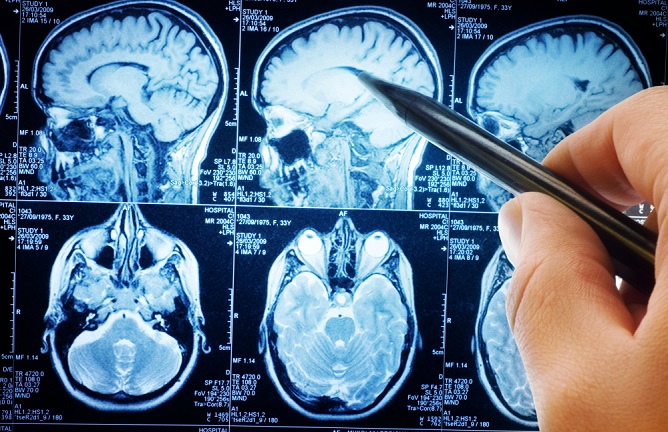
A depressed person does not only experience changes in their exterior. The changes start from within and these changes manifest into emotional, behavioral, and physical effects that the people around them observe.
Studies have shown how Depression affects the brain. Here are some ways it can be different from a normal brain.
Thicker grey matter – our brain has grey matter which is tissue made of cell bodies and nerve cells. However, in the areas of emotions and self-perception, depressed people have thicker grey matter compared to the average.
Brain shrinkage – over time, long-term exposure to the stress hormone cortisol causes the parts of the brain to shrink. People with depression release more amount of cortisol which can shrink the hippocampus and the prefrontal cortex areas responsible for decision-making and memory.
More active amygdala – the amygdala is commonly associated with managing emotions. Based on research, depressed people seem to have a more active amygdala. In one exercise, showing a negative stimulus solicits more response with a more active amygdala which may be seen as a moody behavior on the outside.
Are you looking for TMS Therapy in Bridgewater, MA?
Choose our Neurostar Advanced Therapy.
South Boston TMS continues to be your reliable partner when it comes to providing Depression Treatment in Massachusetts. Schedule your appointment with us to get started.




Leave a Reply